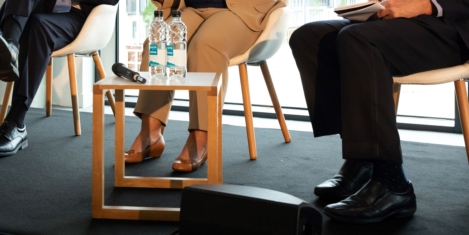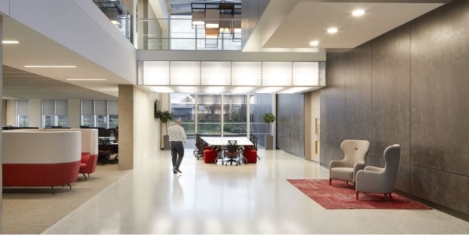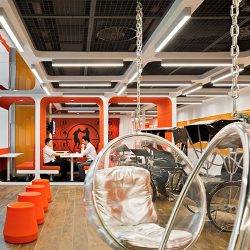To provide the best experiences, we use technologies like cookies to store and/or access device information. Consenting to these technologies will allow us to process data such as browsing behaviour or unique IDs on this site. Not consenting or withdrawing consent, may adversely affect certain features and functions.
The technical storage or access is strictly necessary for the legitimate purpose of enabling the use of a specific service explicitly requested by the subscriber or user, or for the sole purpose of carrying out the transmission of a communication over an electronic communications network.
The technical storage or access is necessary for the legitimate purpose of storing preferences that are not requested by the subscriber or user.
The technical storage or access that is used exclusively for statistical purposes.
The technical storage or access that is used exclusively for anonymous statistical purposes. Without a subpoena, voluntary compliance on the part of your Internet Service Provider, or additional records from a third party, information stored or retrieved for this purpose alone cannot usually be used to identify you.
The technical storage or access is required to create user profiles to send advertising, or to track the user on a website or across several websites for similar marketing purposes.
 The London Office of Innovation and Technology (LOTI) has been officially launched, ushering in what the fifteen councils behind the initiative claim will be a new era of digital transformation. The councils claim that London’s public services will benefit from faster adoption of technology, data and digital skills. The city-wide venture is a collaboration between all 32 London boroughs with the Mayor of London’s backing.
The London Office of Innovation and Technology (LOTI) has been officially launched, ushering in what the fifteen councils behind the initiative claim will be a new era of digital transformation. The councils claim that London’s public services will benefit from faster adoption of technology, data and digital skills. The city-wide venture is a collaboration between all 32 London boroughs with the Mayor of London’s backing.








 AI and its transformational effect on the global business landscape was the dominant theme on day one of the
AI and its transformational effect on the global business landscape was the dominant theme on day one of the 






















